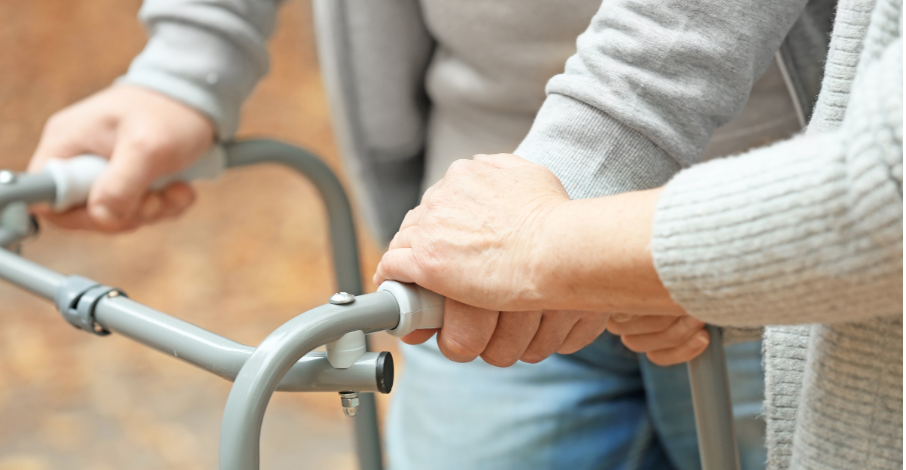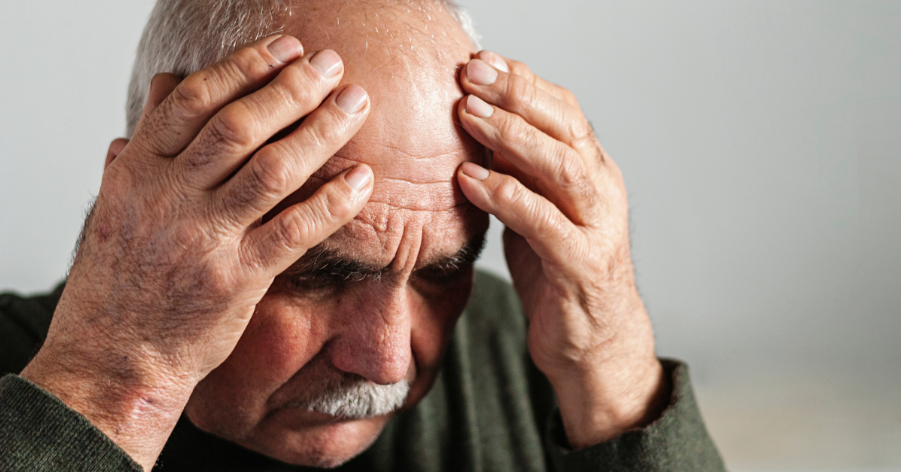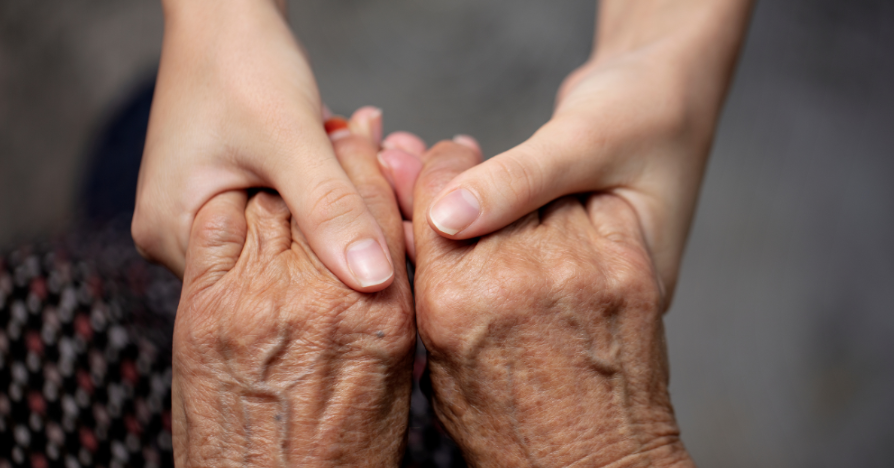As our elderly loved ones age, it becomes essential to recognise when they may need additional care. Understanding the signs that an elderly loved one needs care is crucial for ensuring their health, safety, and overall well-being. Early intervention can make all the difference in providing the appropriate level of support. At Bernash Care Home, we understand how challenging it can be to determine when more help is needed. Whether it’s subtle changes in behaviour or more obvious difficulties, here are some key signs that your elderly loved one may require additional care.
1. Recognising Personal Hygiene Issues: A Sign Your Elderly Loved One Needs Additional Care
One of the first noticeable signs that your loved one may need care is a decline in personal hygiene or appearance. If you observe them wearing the same clothes repeatedly, or if they seem to be neglecting regular bathing, shaving, or brushing their hair, it could indicate that these tasks have become too challenging. These changes might start small – perhaps a missed bath or an unwashed outfit – but over time, they can escalate. It’s important to address these early on, as they can be indicators of broader challenges, such as mobility issues or memory lapses that make routine tasks difficult.
Not only can poor hygiene affect physical health, but it can also have a significant impact on emotional well-being. Feeling unclean can lower self-esteem and lead to withdrawal from social activities. Offering support or seeking professional care can make a world of difference in helping your loved one feel like themselves again.
2. Mobility and Balance Issues
Mobility issues are common as we age, but when they begin to interfere with daily activities, it’s a clear sign that additional care is needed. Pay attention to whether your loved one struggles to walk, uses furniture or walls for balance, or avoids stairs and other physically demanding tasks. These behaviours could indicate a growing risk of falls, which is a significant concern for older adults. According to the CDC, falls are one of the leading causes of injury among the elderly, making it crucial to address mobility issues early.
In addition to physical therapy or exercises that may improve mobility, having regular assistance can prevent accidents and help maintain their independence. Carers can assist with tasks that have become difficult, from helping with stairs to ensuring that your loved one can move safely around their home or living space.

3. Neglecting Household Tasks: A Key Indicator That Extra Care May Be Needed
Maintaining a home becomes increasingly difficult with age, especially if mobility, memory, or energy levels are compromised. If you notice a decline in the cleanliness of your loved one’s home – such as unwashed dishes piling up, dirty laundry accumulating, or bills going unpaid – these may be signs that they’re struggling to keep up with household chores. Once orderly homes becoming cluttered or even unsanitary are strong indicators that additional help is required.
Ignoring household tasks may not only be a sign of physical difficulties but also mental and emotional ones. For example, depression can lead to a lack of motivation, while cognitive decline might make it difficult for your loved one to remember what needs to be done. Helping them manage their household, whether through family assistance or professional care, can ensure their living environment remains safe and comfortable.
4. Social Withdrawal and Loneliness
Socialisation is essential for mental and emotional health, but elderly loved ones can sometimes withdraw from activities they once enjoyed. If your loved one is spending more time alone, avoiding social engagements, or not connecting with friends and family as much as before, they may be experiencing loneliness, depression, or even early signs of cognitive decline. Loneliness is more than just an emotional issue – it can have serious consequences for physical health as well, leading to a weakened immune system and an increased risk of heart disease and stroke.
Encouraging regular social interaction, whether through visits from family members, participation in community activities, or considering a residential care environment that promotes engagement, like Bernash Care Home, can make a significant difference in their overall well-being. At Bernash, we offer a range of social activities that allow our residents to build friendships and stay active in a supportive environment.

5. Changes in Eating Habits: A Clear Indicator That Elderly Care Is Needed
Changes in eating habits, such as skipping meals, significant weight loss or gain, or forgetting to eat altogether, are clear indicators that your loved one might need care. These changes could stem from various challenges, including a lack of interest in cooking, difficulty preparing meals, or even cognitive issues that cause them to forget basic routines. Malnutrition can lead to serious health problems, including weakened immune systems and increased risk of illness.
It’s essential to ensure that your loved one is receiving the nutrition they need to stay healthy. Whether through meal delivery services, family assistance, or moving to a care home where balanced, nutritious meals are provided daily, addressing these eating habits early can prevent further health complications.
6. Memory Lapses and Confusion
As we age, occasional forgetfulness is normal. However, if your loved one starts to frequently forget appointments, lose track of time, or exhibit confusion about familiar tasks or locations, it might be more than just typical age-related memory loss. These could be early signs of dementia or other cognitive impairments that require professional care and monitoring.
Memory lapses can lead to dangerous situations, such as forgetting to turn off the stove or wandering outside and getting lost. In these cases, having a carer present or moving to a care home where your loved one can receive round-the-clock support may be necessary to ensure their safety. Early intervention is crucial in managing cognitive decline, and it’s important to consult with a healthcare professional if you notice these changes.

Taking Action When Your Elderly Loved One Needs Care
Recognising the signs that your elderly loved one needs care is a crucial step toward ensuring their safety, health, and happiness. If you’re noticing these signs, it may be time to consider professional care options, like those offered at Bernash Care Home. Our dedicated team is here to help you make informed decisions about your loved one’s care, ensuring they receive the support and services they need to enjoy their golden years.
If you’re ever unsure about the level of care your loved one might need, contact the team here at Bernash Care Home who can guide you through the process and help make the best decision for their future well-being.


